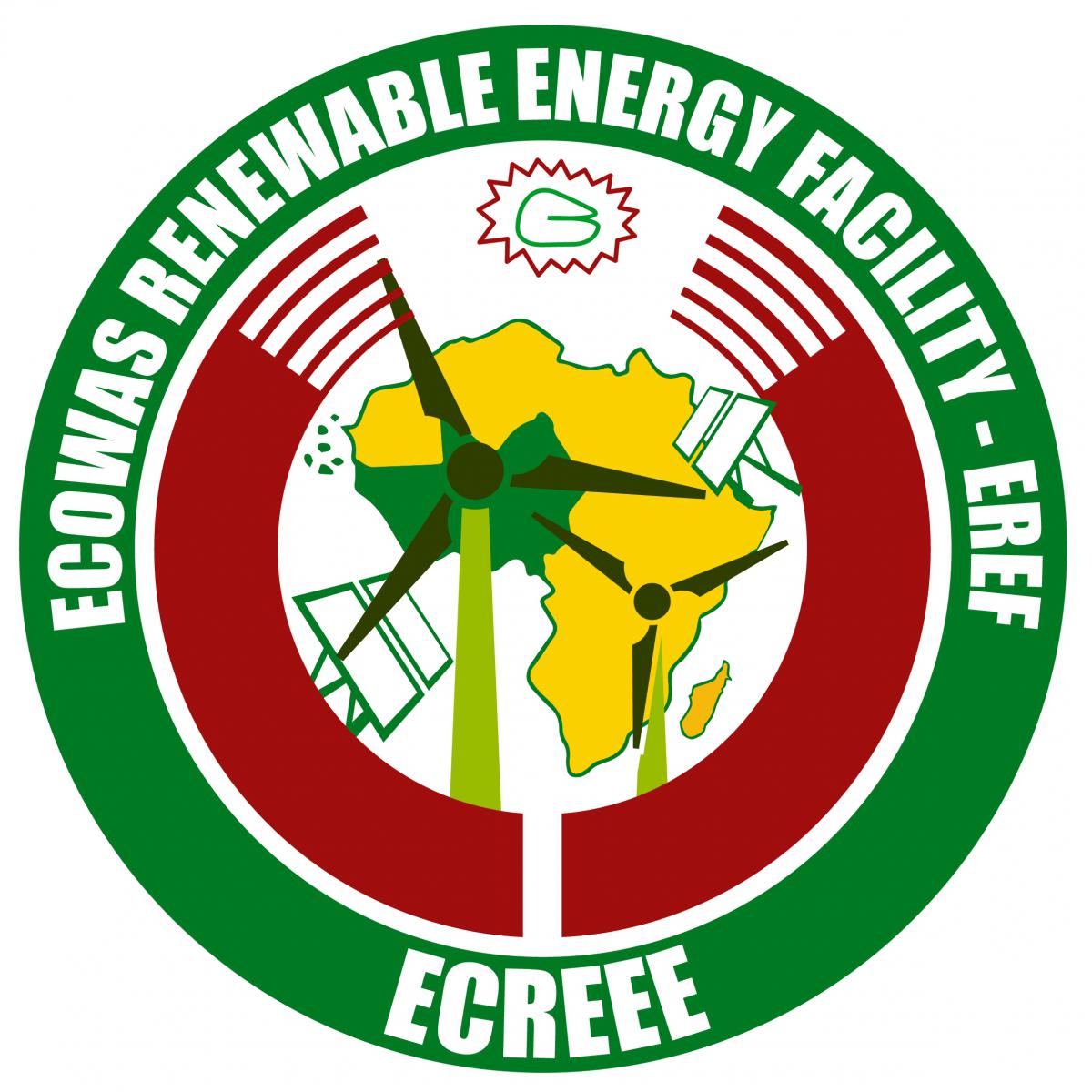Second Regional ECREEE Off grid workshop under way in Accra
 The second regional workshop under ECREEE’s Regional Off-Grid Electrification Project (ROGEP) has opened in Accra intended to increase electricity access through off-grid solar products and services.
The second regional workshop under ECREEE’s Regional Off-Grid Electrification Project (ROGEP) has opened in Accra intended to increase electricity access through off-grid solar products and services.
The event is on the theme, ‘Promoting Investments in Standalone Solar Systems in the West Africa and Sahel regions’.
The two-day forum brought together a diverse group of stakeholders in the energy sector from the West Africa sub-region and beyond.
ROGEP, is one of ECOWAS Community development projects which aims at promoting private sector investment with a market based approach in expanding off-grid electricity access.
The main objective of ROGEP is to enhance shared capacity, institutions and knowledge to jointly increase electricity access to households, businesses and communities using modern standalone solar technologies.
A Deputy Minister of Energy, Mr Owuraku Aidoo, expressed government’s commitment to the ROGEP initiative.
He said the initiative would enable the private sector, especially the local companies to take up the challenge in creating jobs and improve the local economies.
Mr Aidoo said the government was ready to embrace and support investments that are innovative and sustainable to deliver affordable energy services, particularly to the deprived communities.
The Commissioner for Energy and Mines at the ECOWAS Commission, Mr. Sediko Douka, described the project as very challenging, which required the establishment of regional market that would attract companies to invest in the project.
He pointed out that the project would also provide an opportunity for the sub-regional businesses to make universal access to energy a reality by bringing it to the doorsteps of the population.
The ECOWAS Commissioner believed that access to energy would help to remove member countries from poverty and stimulate development.
For her part, Ms. Wendy Hughes, Practice Manager, Energy and Extractive Global Practice, World Bank Group, singled out solar companies as key to the success of the new endeavour.
She reminded representatives of such companies that ROGEP was designed to support them to expand their businesses.
Ms. Hughes pointed out that the project would support local entrepreneurs through seed funding, provide business to business support, and through ECREEE, set up a business incubator to help the companies succeed.
In his welcome address, the Executive Director of ECREEE, Mahama Kappiah, noted that access to affordable, and reliable modern energy would contribute to human development as well as attract investments in a bid to create jobs for the ECOWAS population.
The director said the initiative is aimed at ensuring universal access to energy for all by 2030.
He noted that ROGEP was determined to establish a regional market for off-grid products and services.
Mr. Kappiah said the ultimate objective of the initiative was to increase electricity access through improved uptake of off-grid solar products and services by households and institutions in West Africa.
Mr. Kappiah indicated that ROGEP would promote both public and private sector participations in expanding off-grid electricity access.
This, he said, would be accomplished through support in the forms of credit lines through financial institutions, grants to private companies and technical assistance support to public institutions among others.
Discussions of the forum centered on the project’s current state of preparedness, the concepts developed for each components and sub-components and the preliminary findings of the regional market assessment by Green Max. One of the key findings of the market assessment concluded the need to provide the local companies, financial support to unlock and push forward the off-grid sector.
Additionally the study concluded that for some countries, besides financial support, a policy and regulatory framework shift and access to information were in the bottom line to uptake the market and advance the industry.
Special focus were also given to the importance to mainstream gender participation on the project, taking into consideration that often women are the most affected by the lack of electricity and therefore, gender sensitive policies and action must be taken to tackle this challenge in the region.A group of Journalists from the ECREEE Network of Journalists also took part in the workshop. The forum served as a training programme for the group mainly from Anglophone and Lusophone ECOWAS member countries, designed to acquaint them on the ROGEP as well as create more visibility of the project in the ECOWAS region.
It would be recalled that the first ROGEP meeting was held in Dakar, ahead of the implementation phase of the project scheduled to begin in the first quarter of 2019.
The project will cover all 15 ECOWAS member states, and four other non-ECOWAS countries namely, Mauritania, Chad, Central African Republic and Cameroon.
Energy experts believe that lack of access to sustainable energy services is a recipe for poverty, social instability and under development; hence, ECREEE’s continued dedication to removing barriers to a viable regional energy market. The Centre is currently focused on mitigating factors that are intricately hindering the implementation of regional strategies aimed at fostering socio-economic development by attracting foreign investment and providing basic social services for citizens of the region.
Source: GNA
